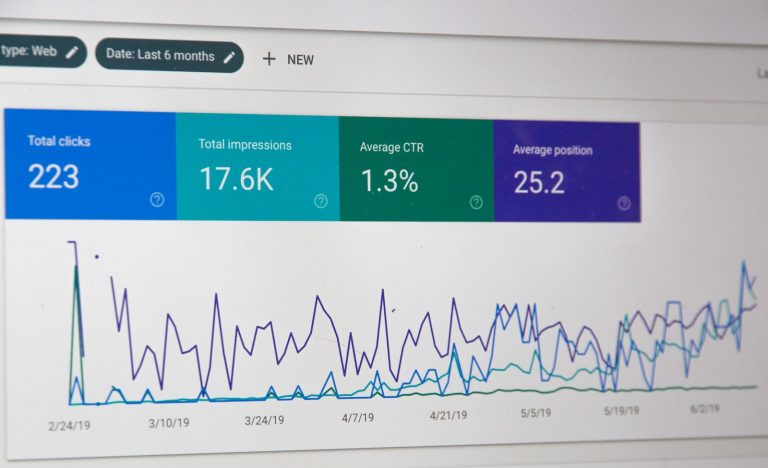Artificial Intelligence (AI) has emerged as a transformative technology across various industries, and startups are no exception. AI has the potential to revolutionize the way startups operate, enabling them to automate processes, gain valuable insights from data, and deliver personalized experiences to customers. As AI continues to advance, its impact on startups is only expected to grow. In this article, we will explore the future of AI in startups, discussing its potential applications, benefits, challenges, and key considerations for startups looking to adopt AI.
Applications of AI in Startups
AI offers a wide range of applications that can benefit startups in different ways. Some of the key areas where AI can be leveraged include:
- Customer Service and Support: AI-powered chatbots and virtual assistants can provide instant and personalized support to customers, improving response times and enhancing customer satisfaction.
- Data Analysis and Insights: AI algorithms can analyze large volumes of data to identify patterns, trends, and insights that can help startups make data-driven decisions and optimize their operations.
- Predictive Analytics: AI can be used to predict customer behavior, market trends, and demand patterns, enabling startups to anticipate future needs and make proactive decisions.
- Personalization: AI algorithms can analyze customer data to deliver personalized recommendations, offers, and experiences, enhancing customer engagement and loyalty.
- Process Automation: AI-powered automation tools can streamline repetitive tasks, reducing manual effort and freeing up employees’ time to focus on more strategic activities.
Benefits of AI for Startups
The adoption of AI can bring several benefits to startups, including:
- Improved Efficiency and Productivity: AI can automate mundane and repetitive tasks, allowing employees to focus on more complex and value-added activities. This can lead to increased efficiency and productivity within the startup.
- Enhanced Decision-Making: AI-powered analytics can provide startups with valuable insights and recommendations, enabling them to make informed decisions and optimize their strategies.
- Cost Savings: By automating processes and reducing manual effort, startups can achieve significant cost savings in terms of time, resources, and operational expenses.
- Competitive Advantage: Startups that embrace AI early on can gain a competitive edge by delivering innovative products and services, improving customer experiences, and staying ahead of market trends.
Challenges and Considerations for Startups
While the potential benefits of AI are enticing, startups also face several challenges and considerations when adopting AI:
- Cost: Implementing AI technologies can require significant investments in infrastructure, software, and talent. Startups need to carefully evaluate the costs and benefits of AI adoption and consider alternative approaches such as cloud-based AI services or partnerships with AI-focused companies.
- Data Quality and Privacy: AI relies on high-quality data to deliver accurate insights and predictions. Startups need to ensure that they have access to clean and relevant data and establish robust data governance and privacy practices to protect customer information.
- Talent Acquisition and Retention: The demand for AI talent is high, and startups may face challenges in attracting and retaining skilled AI professionals. Developing a strong AI talent pipeline and fostering a culture of continuous learning and innovation can help address this issue.
- Ethical and Legal Considerations: AI technologies raise ethical and legal concerns, such as bias in algorithms, data privacy, and transparency. Startups need to navigate these considerations and ensure that their AI systems are fair, transparent, and compliant with regulations.
- Integration with Existing Systems: Startups often have existing systems and processes in place. Integrating AI technologies seamlessly with these systems can be a complex task and may require careful planning and collaboration with IT teams.
The Future Outlook
The future of AI in startups is promising, with several trends and developments shaping its trajectory:
- Increased Adoption of AI Tools and Platforms: As AI technologies become more accessible and user-friendly, startups are likely to adopt AI tools and platforms to accelerate their AI initiatives. Cloud-based AI services, open-source frameworks, and AI marketplaces will play a crucial role in enabling startups to leverage AI capabilities without significant upfront investments.
- Advancements in Natural Language Processing and Computer Vision:Natural Language Processing (NLP) and Computer Vision are two key areas within AI that are rapidly evolving. Startups can leverage these advancements to build intelligent chatbots, virtual assistants, and image recognition systems, enhancing their customer experiences and operational efficiency.
- AI-Enabled Cybersecurity: Startups are often vulnerable to cybersecurity threats. AI can play a vital role in detecting and mitigating cyber threats by analyzing large volumes of data and identifying patterns indicative of malicious activities.
- Collaboration between Startups and AI Companies: Startups can benefit from collaborating with established AI companies that have expertise and resources in AI research and development. Such partnerships can help startups accelerate their AI initiatives, access cutting-edge technologies, and gain valuable insights.
- Ethical AI Practices: As AI becomes more pervasive, there will be an increasing focus on ethical AI practices. Startups that prioritize fairness, transparency, and accountability in their AI systems will be better positioned to gain trust from customers, investors, and regulators.
In conclusion, The future of AI in startups is bright, with tremendous potential to transform the way startups operate, innovate, and deliver value to customers. By leveraging AI technologies, startups can automate processes, gain valuable insights from data, and deliver personalized experiences to customers. However, startups must also navigate challenges such as cost, data quality, talent acquisition, and ethical considerations. By carefully considering these challenges and staying abreast of the latest trends and developments in AI, startups can harness the full potential of AI and gain a competitive advantage in their respective industries.




